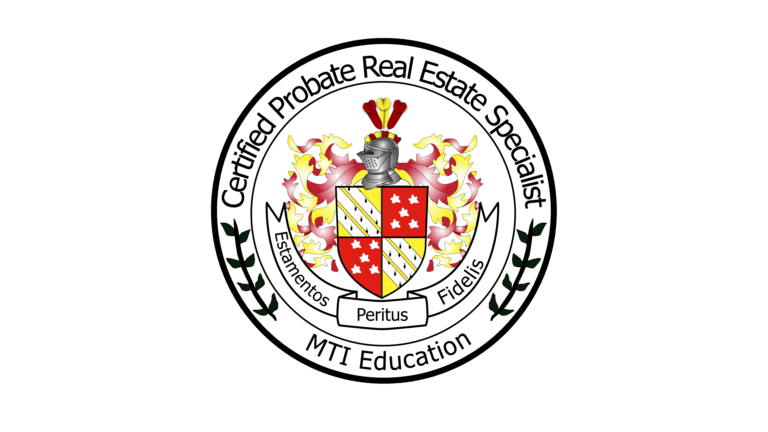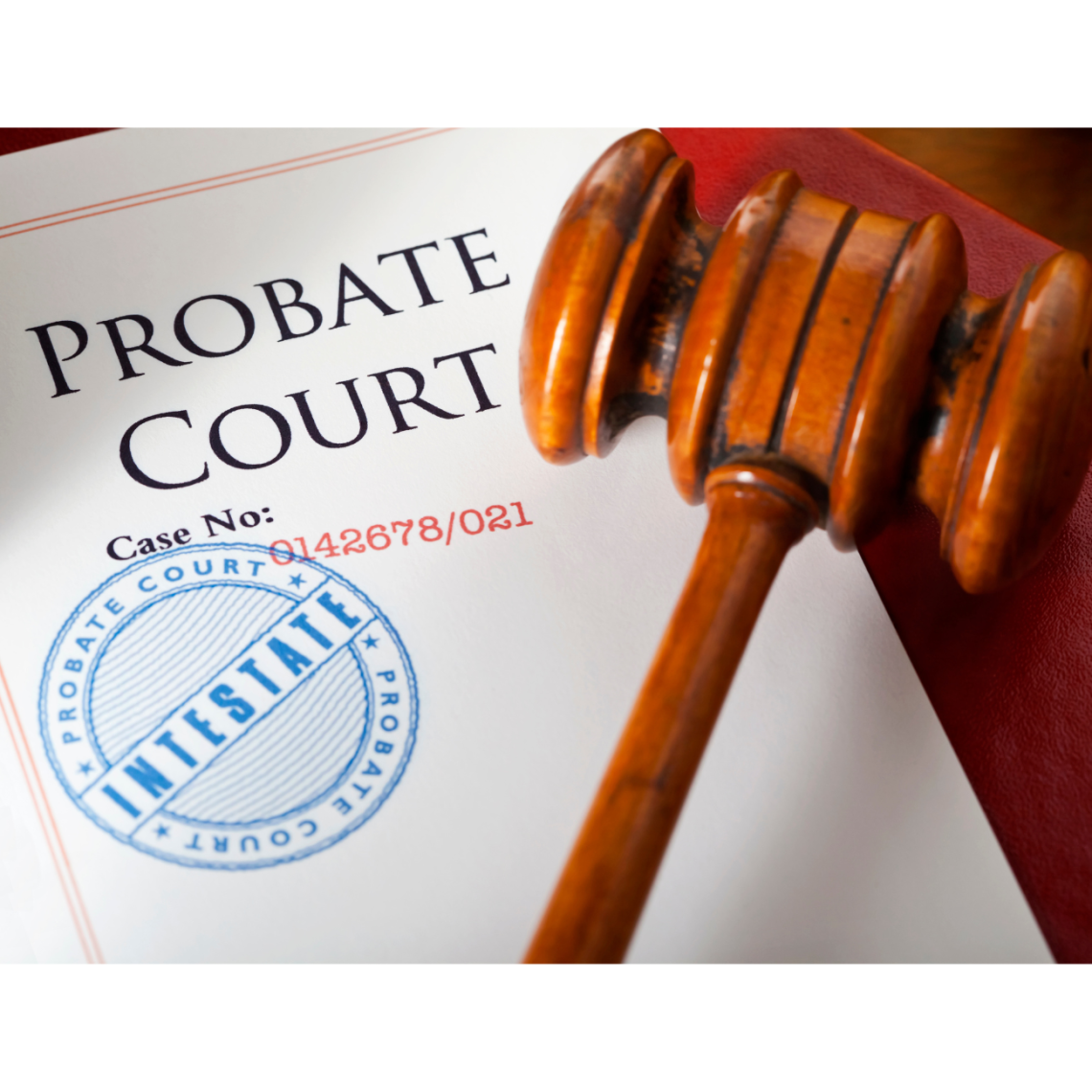Today, we’re exploring the realm of probate to provide you with the information and assistance you seek. Whether you’re diving into the process of estate administration or have questions about the distribution of assets, we’re here to lend a helping hand. Let’s embark on this probate journey together and find the answers you’re looking for in the Columbia metro.
What exactly is probate, and why is it important to discuss?
Probate is the legal process that takes place after someone passes away, involving the distribution of their property and assets. It’s an important topic because it ensures that everything is handled properly and according to the law.
Who is involved in the probate process?
The key players in probate are the executor (the person designated in the will or appointed by the court to manage the estate), the court, and anyone who has a legitimate claim or interest in the deceased person’s estate. This can include family members and creditors.
How long does probate usually take?
The duration of probate can vary. On average, it typically lasts around six months to a year. However, each case is unique, and the timeframe can be influenced by factors such as the complexity of the estate and any legal challenges that may arise.
Can probate be avoided altogether?
In certain circumstances, probate can be bypassed. For instance, if the deceased person had a small estate (valued under $25,000) or assets with designated beneficiaries like life insurance policies or retirement accounts, those assets may be able to skip the probate process. Consulting with a legal professional is crucial to determine if you can avoid probate in your specific situation..
Are there any tips for making the probate process smoother?
Absolutely! Here are a few suggestions to help streamline the probate journey:
Organize important documents, such as the will, death certificate, and financial records. Being well-prepared can save time and effort.
Consider hiring an experienced probate attorney who can guide you through the legal complexities.
Maintain open communication with all relevant parties involved to ensure everyone is on the same page and avoid misunderstandings.
Glossary of Terms:
Administrator: A person appointed by a court to manage and oversee the court process for the estate of a deceased person or “decedent” who has died without leaving a will.
Beneficiary: A person who receives property or other assets from a will, insurance policy, or contract.
Estate: The property and assets of an individual, including all real estate, bank accounts, life insurance policies, stocks, bonds and personal property.
Estate Assets: Estate assets refer to all the property, belongings, and financial holdings that a deceased person leaves behind. This can include real estate, bank accounts, investments, personal possessions, and more. During probate, these assets are inventoried, valued, and ultimately distributed to the rightful beneficiaries.
Estate Administration: Estate administration involves the overall management and settlement of a deceased person’s estate during the probate process. It encompasses tasks such as collecting and managing assets, paying debts and taxes, resolving disputes, and distributing the remaining assets to the beneficiaries.
Executor: An executor, also known as a personal representative, is the individual named in a will or appointed by the court to manage and administer the estate of a deceased person. The executor carries out the instructions outlined in the will and handles various responsibilities during the probate process.
Heir: The person who inherits property under state law.
Intestate: When someone passes away without leaving a valid will, they are said to have died intestate. In such cases, the probate court follows state laws to determine how the deceased person’s assets will be distributed among their heirs.
Letters Testamentary: Letters testamentary, also known as letters of administration, are legal documents issued by the probate court. These letters grant authority to the executor or personal representative to manage the estate, handle financial matters, and distribute assets according to the terms of the will or applicable laws.
Probate Court: Probate Court refers to the specialized court that handles matters related to probate and estate administration. It oversees the legal process of distributing a deceased person’s assets and resolving any related issues.
Are you in need of guidance regarding probate services in Columbia, SC? Look no further! I am a Certified Probate Real Estate Specialist. Specializing in Probate, Conservatorship, Trust and Guardianship Sales. Selling your property does not have to be a difficult process. My team and I are dedicated to catering to administrators and executors like yourself with the sale of any real estate that the estate has to liquidate.
We work with qualified buyers and a network of investors that will make an offer to make this sale quickly, often within 45 days or less.
This can save you time and could save the estate from paying extra attorney fees, property taxes, and insurance, which can really add up.
Many of our clients may purchase the property “As Is” (including any personal property, furniture and belongings that you do not want).
My team and I also work with a network of professionals that offer services in the areas of:
Trash removal
House cleaning services
Moving companies
Handyman
Contractors
Lawn care and more!
Probate may not be the most thrilling topic, but understanding its ins and outs can make a significant difference. Remember, if you have any further questions or concerns about probate in Columbia, SC, don’t hesitate to reach out. I can help you through the process. Just send me a message. No pressure, no sales tactics, just the help and guidance that you need!
Get your free copy of the Estate Executor’s Duties During the Probate Process.






